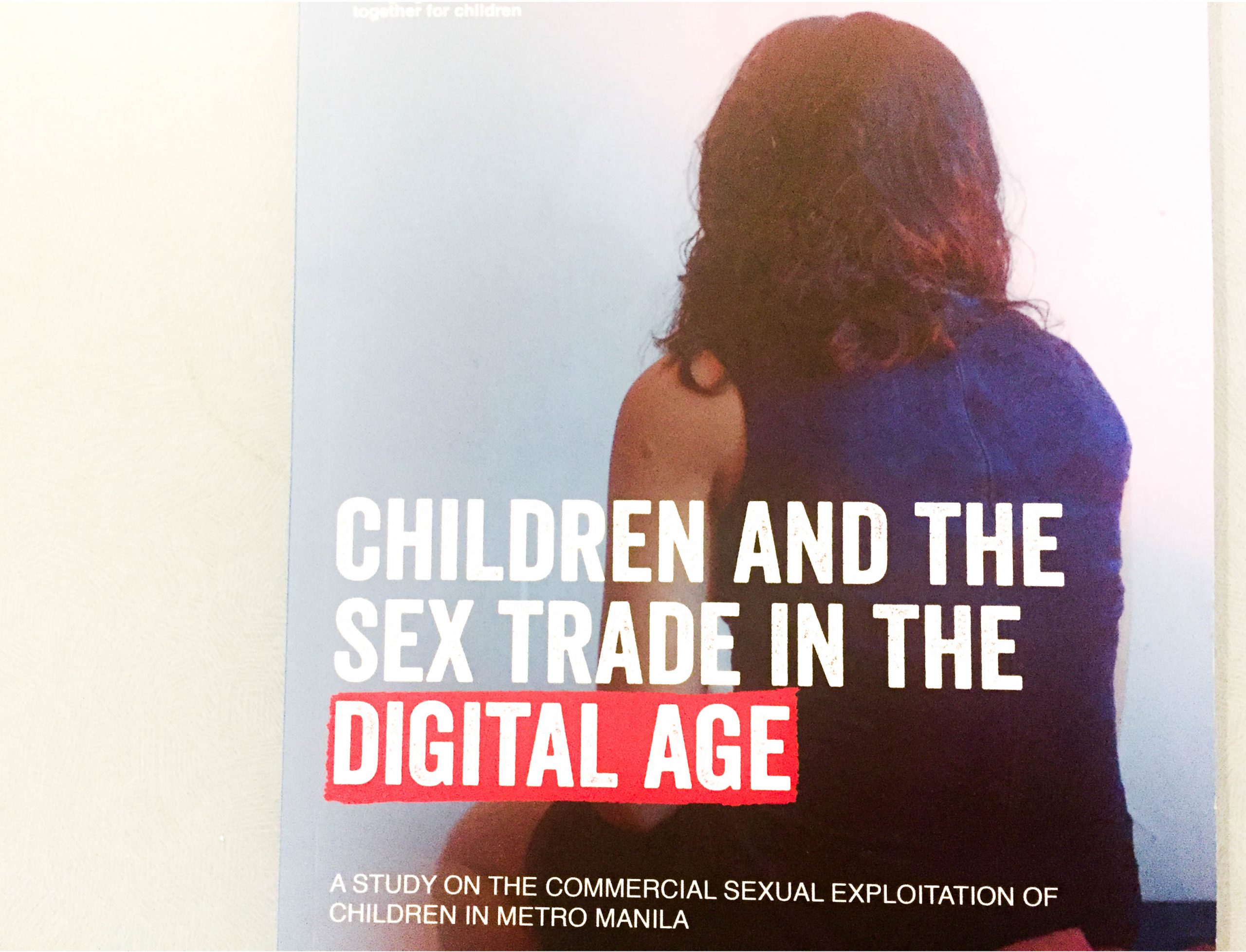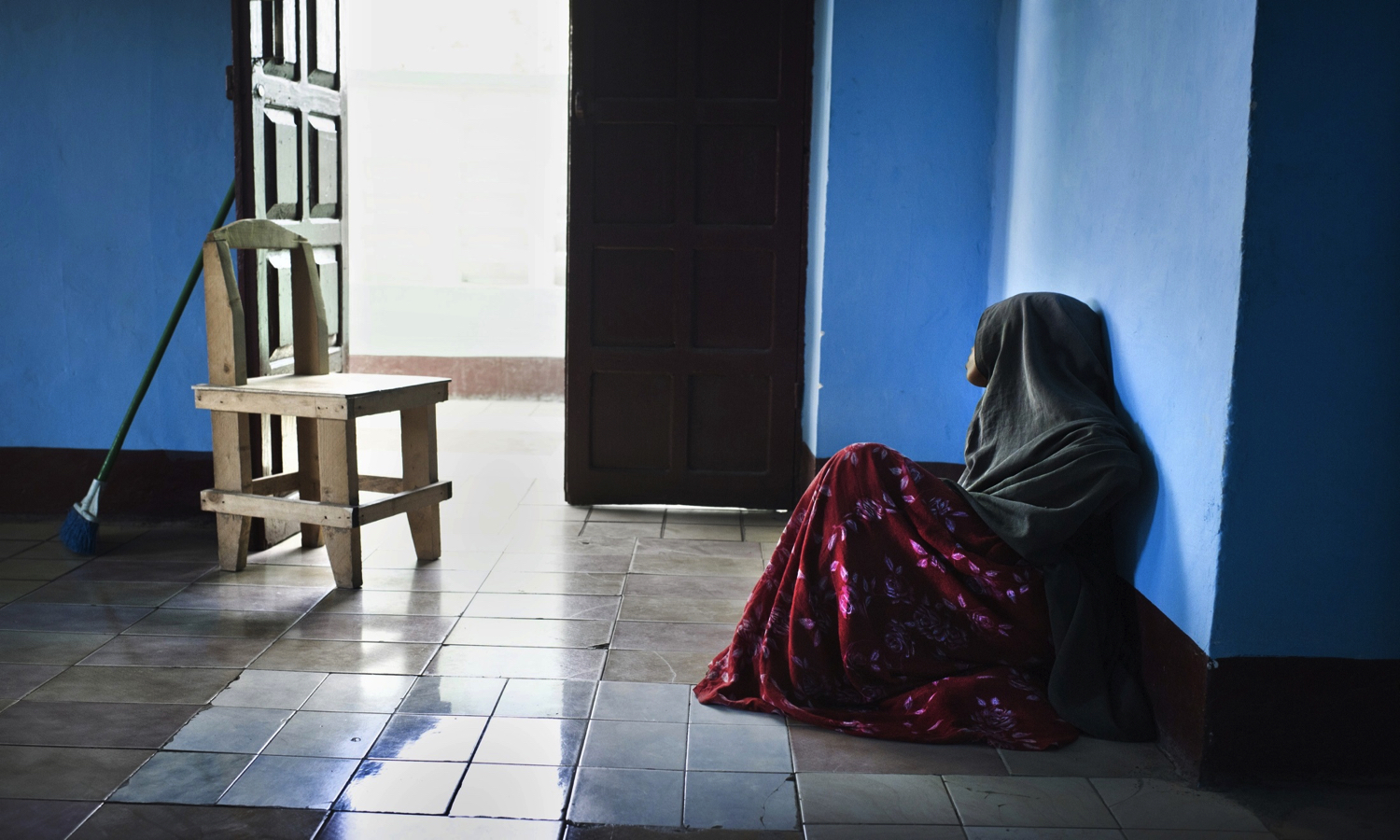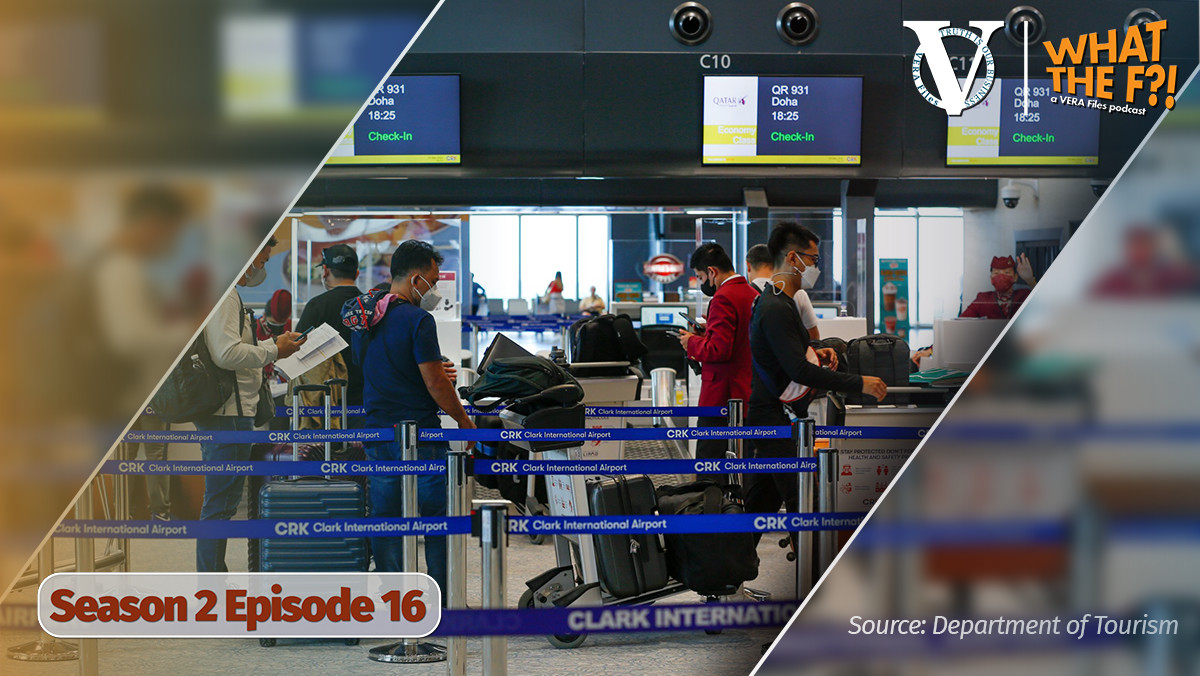THE U.S. State Department is urging the Philippine government to improve its record of prosecuting, convicting and punishing human traffickers.
The State Department said in its “2008 Trafficking in Persons Report” released last month that while the Philippines demonstrated “exemplary efforts” to prevent cross-border trafficking and protect victims, it “demonstrated weak efforts to prosecute trafficking cases and convict trafficking offenders.”
The report noted that the country recorded last year only three convictions–two in Cebu City and one in Davao for sex trafficking–under its 2003 anti-trafficking law.
“Given the scope and magnitude of the internal trafficking problem, this number of convictions is troubling,” it said.
The report suggested the training of law enforcement officers and prosecutors on the use of the 2003 law, and the investigation and prosecution of government officials who are involved in trafficking.
The State Department, however, cited the efforts of the nongovernmental Visayan Forum Foundation in the campaign against human trafficking.
The foundation’s executive director, Cecilia Flores-Oebanda, is one of 17 individuals from a dozen countries hailed as “2008 TIP Report Heroes.”
The report said of Oebanda: “Seventeen years after she founded the organization to strengthen the rights of migrant women and children from poor areas, Ms. Flores-Oebanda manages five halfway houses and four domestic centers, and will open three new halfway houses in 2008. Since 2001, Visayan Forum has rescued and provided assistance to more than 32,000 victims and potential victims of trafficking, and has helped file 66 trafficking cases on behalf of 166 victims.”
The Philippines remains among the State Department’s “Tier 2” countries. This means it “does not fully comply with the minimum standards for the elimination of trafficking; however, it is making significant efforts to do so.”
The State Department report said the lack of resources, endemic corruption, and general ineffectiveness of the judicial system have stymied the Philippine government’s ability to prosecute trafficking crimes.
A high vacancy rate among judges has slowed trial the trial of cases, and corruption among law enforcers remained a big obstacle to anti-trafficking efforts, it said.
“It is widely believed that some government officials are involved in, or at least permit, trafficking operations within the country,” according to the report.
A Manila police officer, for example, has been tried in court on charges of trafficking minors at his nightclub in Manila.
The Task Force Against Trafficking at Ninoy Aquino International Airport has also filed trafficking charges against an immigration employee and referred two other cases of trafficking- related corruption involving four immigration personnel to the Office of the Ombudsman.
Read the full text of “Trafficking in Persons Report 2008.”


